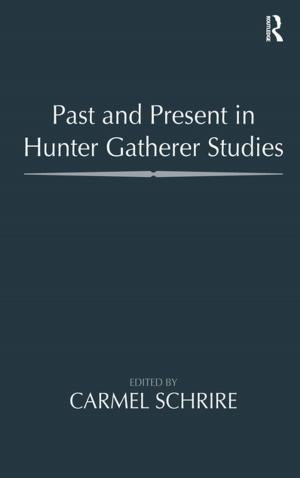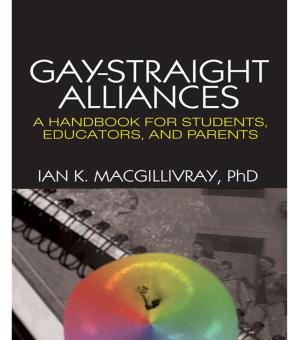American Land Planning Law
Case and Materials, Volume 1
Nonfiction, Social & Cultural Studies, Political Science, Politics, Economic Policy| Author: | Jr. Williams | ISBN: | 9781351532624 |
| Publisher: | Taylor and Francis | Publication: | July 12, 2017 |
| Imprint: | Routledge | Language: | English |
| Author: | Jr. Williams |
| ISBN: | 9781351532624 |
| Publisher: | Taylor and Francis |
| Publication: | July 12, 2017 |
| Imprint: | Routledge |
| Language: | English |
The materials in American Land Planning Law are derived from decades of experience in teaching planning law at six planning schools and three law schools. Among the hypotheses included here, two are clearly vindicated in the reading. The first involves basic tenets in the approach referred to as "legal realism"—that courts play a major role in policy formation. A second hypothesis is implicit in the basic organizational principle of these materials, that planning problems arise from land use conflicts, and further, that courts have adopted distinctive policies on these conflicts.
Norman Williams' organizational format is unique. The notes provided after each case have been omitted, due to a repetition that would result from what has already been said in the text. Instead, a list of questions is provided for the student to ponder, plus occasionally a necessary background, in order to focus attention on the essential turning point in each case. Williams also provides a complete list of cross-references to all standard treatises in the field, for those who wish to explore commentators' thoughts on the subject.
The scope of these materials provides an exploration of the substantive problems involved in land use law, and the legal techniques which have been evolved to deal with them. The definition of this field of law as embodied in these materials focuses on urban and suburban planning problems. A quite artificial distinction between land use law and environmental law has been observed. This is an essential text containing important land use cases and should be read by all legal analysts, urban theorists and planners, and public policymakers.
The materials in American Land Planning Law are derived from decades of experience in teaching planning law at six planning schools and three law schools. Among the hypotheses included here, two are clearly vindicated in the reading. The first involves basic tenets in the approach referred to as "legal realism"—that courts play a major role in policy formation. A second hypothesis is implicit in the basic organizational principle of these materials, that planning problems arise from land use conflicts, and further, that courts have adopted distinctive policies on these conflicts.
Norman Williams' organizational format is unique. The notes provided after each case have been omitted, due to a repetition that would result from what has already been said in the text. Instead, a list of questions is provided for the student to ponder, plus occasionally a necessary background, in order to focus attention on the essential turning point in each case. Williams also provides a complete list of cross-references to all standard treatises in the field, for those who wish to explore commentators' thoughts on the subject.
The scope of these materials provides an exploration of the substantive problems involved in land use law, and the legal techniques which have been evolved to deal with them. The definition of this field of law as embodied in these materials focuses on urban and suburban planning problems. A quite artificial distinction between land use law and environmental law has been observed. This is an essential text containing important land use cases and should be read by all legal analysts, urban theorists and planners, and public policymakers.















